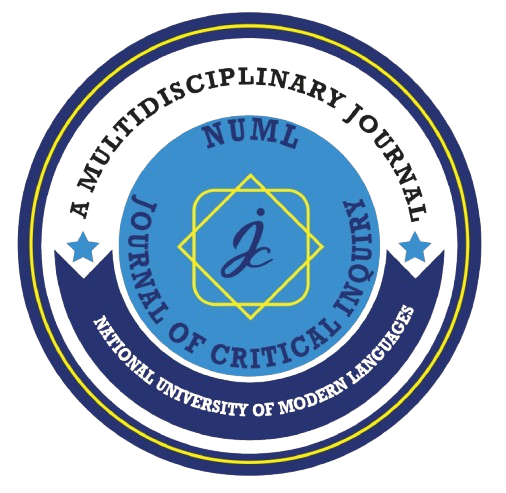Contesting Familial Bonds: (Af)filiative Relationships in Pakistani Anglophone Writing
Main Article Content
Abstract
Following Edward Said’s theorization of filiation and affiliation, this paper maps transformative itineraries of second-generation Pakistani immigrants in Britain who negotiate their personal identities on the basis of choice and affiliation instead of filiation. I argue that, as a result of the changing relationships of migrant parents with their British-born children, either because of a clash between nostalgia for the culture of origin and the host culture, between racial discrimination or the changing social structures of multicultural Britain, familial bonds within Pakistani families in Britain are severely affected. In other words, public or “external debates” in the diaspora, that Ralph Grillo describes as migrants’ imagined cultural practices, interact with internal debates that occur within migrant families. Against this backdrop, I explore the tensions, informed by a filiation-affiliation dialectic, that exist between first and second generations and the way these affect the personal struggles of an embittered anglicized Asian second generation and dramatize the metaphorical birth of a subject outside the confines of the familial order.






